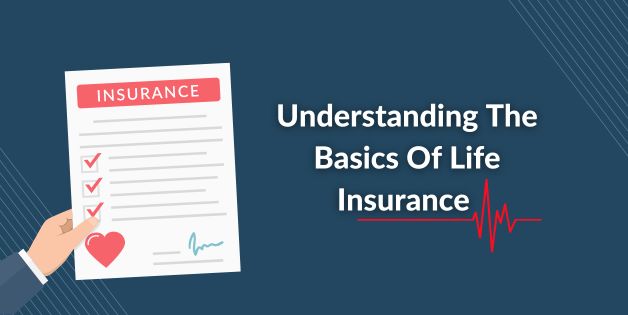
Home insurance is a crucial investment that provides financial protection for your property and belongings in the event of unexpected disasters or accidents. While it's essential to have adequate coverage, there are several strategies you can use to save money on your home insurance premiums without sacrificing the quality of coverage. Here are some top tips for saving money on home insurance:
Shop Around
One of the most effective ways to save money on home insurance is to compare quotes from multiple insurance providers. Each insurer uses different criteria to calculate premiums, so shopping around allows you to find the best rates for your coverage needs.

Bundle Your Policies
Many insurance companies offer discounts for bundling multiple policies, such as home and auto insurance. By consolidating your insurance coverage with one provider, you can often save money on premiums while simplifying your insurance management.
Increase Your Deductible
A deductible is the amount you pay out of pocket before your insurance coverage kicks in. By choosing a higher deductible, you can lower your monthly premiums. Just be sure you can afford to pay the deductible in the event of a claim.
Improve Home Security
Installing security features such as smoke alarms, burglar alarms, deadbolt locks, and security cameras can reduce the risk of theft, vandalism, and fire damage, leading to lower insurance premiums.

Maintain a Good Credit Score
Insurance companies often use credit-based insurance scores to determine premiums. Maintaining a good credit score by paying bills on time, reducing debt, and managing credit responsibly can result in lower insurance rates.
Review Your Coverage Annually
As your circumstances change, so do your insurance needs. Reviewing your coverage annually with your insurance agent can help ensure you're not paying for more coverage than you need and identify opportunities to save money.

Ask About Discounts
Inquire with your insurance provider about available discounts for factors such as loyalty, home improvements, age of home, and membership in certain organizations or professions.
By implementing these tips, homeowners can save money on their insurance premiums while still maintaining comprehensive coverage to protect their homes and belongings. Our agents at Intelli Choice can regularly review your policy with you and explore additional ways to save you money on home insurance.














